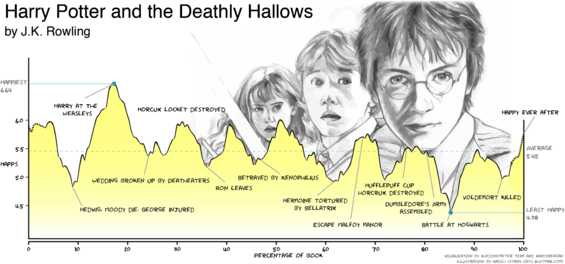It's no secret that smoking causes lung cancer, but lost in the more recent smoke and mirrors about the new war on tobacco is the fact cigarettes are also linked to many other diseases, and the risk is compounded in diabetics who smoke. Diabetes, the kind occurring naturally and the lifestyle type 2 version, is a chronic illness in which there are high levels of glucose in the blood. More than 29 million people in the U.S. have diabetes, up from the previous estimate of 26 million in 2010, according to a report released by the Centers for Disease Control and Prevention. One in four people with diabetes doesn't know he or she has it. Like smoking, having diabetes can also put people at risk for numerous other health complications.
People may soon be able to watch their unborn babies grow in realistic 3-D immersive visualizations, thanks to new technology that transforms MRI and ultrasound data into a 3-D virtual reality model of a fetus. MRI provides high-resolution fetal and placental imaging with excellent contrast. It is generally used in fetal evaluation when ultrasound cannot provide sufficiently high-quality images.
According to the Centers for Disease Control and Prevention (CDC), obesity has more than quadrupled in adolescents over the past 30 years and it is estimated that more than one-third of kids and adolescents in the U.S. are at least overweight. Obesity in childhood and adolescence is associated with a number of later health risks, such as cardiovascular disease and type 2 diabetes.
In what will send cheers throughout the parenting community, a new paper suggest that helping care for grandchildren might affect the well-being of older adults. Caregivers' feelings partly depend on their perception of the experience, as well as on how they are treated by their family and by the community.
The researchers looked at information from the "Population Study of Chinese Elderly (PINE)," which examined more than 3,000 Chicago-area Chinese-Americans aged 60 and older between 2011 and 2013. The participants answered questions to screen for depression, anxiety, stress, loneliness, and other factors affecting their health and well-being.
At ASN Kidney Week 2016 in Chicago, investigators showed progress toward creating a functional bioartificial kidney that could replace the need for dialysis or transplantation in the millions of patients with kidney failure.
A key requirement for such a device is the formation of a "living membrane" that consists of a tight kidney cell layer on artificial membrane surfaces and can transport molecules from one side to the other. In their presentation, Dimitrios Stamatialis, PhD from University of Twente in The Netherlands, Roos Masereeuw, PhD from University of Utrecht in The Netherlands discussed achieving this using conditionally immortalized human renal proximal tubular epithelial cells (ciPTECs) on polyethersulfone-based hollow fiber membranes.
Our most beloved works of fiction hide well-trodden narratives - people want them, people expects them by now - and big data analysis can determine them. And most fictions is based on far fewer storylines than you might have imagined.
 What Next For Messenger RNA (mRNA)? Maybe Inhalable Vaccines
What Next For Messenger RNA (mRNA)? Maybe Inhalable Vaccines Toward A Single Dose Smallpox And Mpox Vaccine With No Side Effects
Toward A Single Dose Smallpox And Mpox Vaccine With No Side Effects ChatGPT Is Cheaper In Medicine And Does Better Diagnoses Even Than Doctors Using ChatGPT
ChatGPT Is Cheaper In Medicine And Does Better Diagnoses Even Than Doctors Using ChatGPT Even After Getting Cancer, Quitting Cigarettes Leads To Greater Longevity
Even After Getting Cancer, Quitting Cigarettes Leads To Greater Longevity







